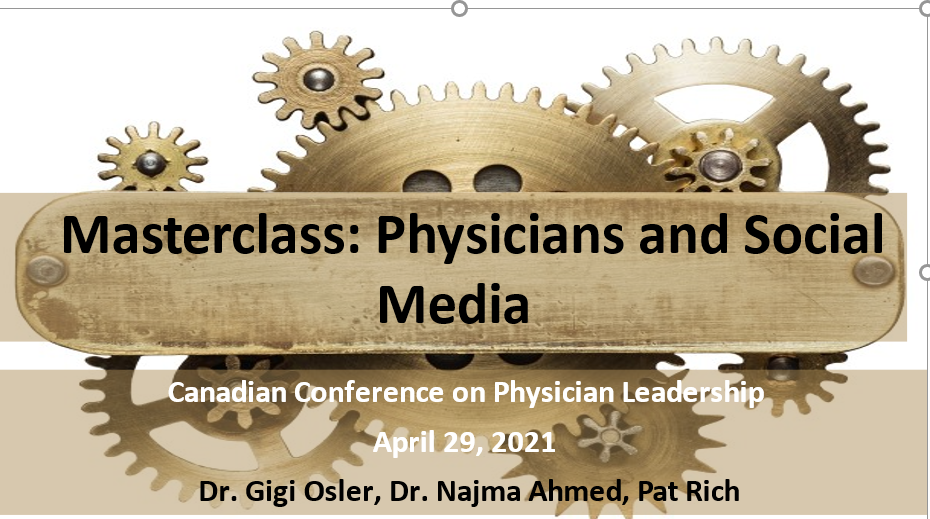
The stark challenges facing first responders (paramedics, firefighters, police) and other public safety personnel (PSP )were the focus of the 2022 Canadian Academy of Health Sciences Forum just held in Montreal.
At least one speaker at this unique gathering of experts noted mental health issues compounded by the COVID-19 pandemic have been even more concerning in the PSP population than the well-documented challenges facing physicians, nurses, and other healthcare workers.
“First responders put their mental health at risk every day,” said Forum co-chair Dr. Alain Brunet, professor of psychiatry at McGill University. Dr. Nicholas Carleton, professor of psychology at the University of Regina and another Forum co-chair said PSPs today are expected to act like superheroes but feel forsaken by their communities.
Data presented at the meeting show PSPs report symptoms consistent with mental disorders at four times the rates expected in the general population as well as suicidal ideation or attempts at twice the rate of the general population. Several speakers also referenced other physical and mental health problems seen with PSPs ranging from an increased incidence of cancers, cardiovascular disease, musculoskeletal issues and miscarriages in firefighters, to the increases in physical attacks on paramedics and mental health issues suffered by Correctional staff.
However, these reports were often prefaced by statements about the lack of good quantitative data on health issues and PSPs as well as the lack of well-researched targeted therapies. As Dr. Carleton said, there are hundreds of programs across Canada supporting PSP mental health but little evidence any of them are actually working.
The conference did not paint a totally bleak picture as significant developments at the federal level to address health issues with PSPs were also noted as were innovative programs such PSPNET, a program offering Internet-based cognitive behavioral therapy tailored specifically to PSPs. Last year’s appointment of Carolyn Bennett, as the first federal minister of mental health and addictions was also applauded.
In fact, Bennett’s appointment is just one step in a series of federal initiatives to address PSP health since 2018 including:
- Federal Framework on the federal Post-Traumatic Stress Disorder Act adopted 2018
- Creation of a National Research Consortium between the Canadian Institutes for Health Research (CIHR) and the Canadian Institute for Public Safety Research and Treatment (CIPSRT) as a knowledge hub for PTSD.
- Announcement in June, 2022 federal budget of $28.2 million for nine projects to address PTSD and trauma in PSPs including development of a knowledge creation hub.
One caveat to this national positive focus noted by Dr. Joy Christine MacDermid, Forum co-chair and professor of physical therapy and surgery, Western University, was that PSPs often must still seek care within provincial or territorial jurisdictions where access to needed services is extremely variable. “There’s funding for medical services publicly, but mental and physical rehabilitation are largely not funded publicly, which results in medicalization of care,” she said. “This results in multiple sources of inequity, so the care that you get is very much dependent on your location in Canada, your income, your gender, and your employment status.”
Dr. Margaret McKinnon, Homewood Research Chair in Mental Health and Trauma, at McMaster University discussed the impact of the COVID-19 pandemic on PSPs noting that “in many instances the mental health burden on PSPs has been greater than on healthcare workers” . On initial cohort of 200 PSPs surveyed across the country showed:
- 2 in 5 had criteria for a probable diagnosis of PTSD
- 4 in 10 were suffering from clinically significant levels of anxiety
- 6 in 10 10 had clinically significant levels of depression.
- 3 in 10 reported using clinically significant levels of alcohol
“This is deeply, deeply concerning,” said Dr. McKinnon adding the survey also showed that “like health care workers, public safety personnel are also reporting social impairment in their everyday activities at work, at home, and with their families,” said Dr. McKinnon.
Researchers also interviewed about 100 PSPs to determine the top stressors related to COVID-19. These were found to include; tension around whether COVID vaccination should be mandatory for PSPs, concern about not being able to provide the required level of care, exhaustion and burnout, and concerns about bringing COVID-19 back to their families.
“It is not uncommon to hear from public safety personnel who (when they go) to see a mental health provider, that mental health provider, when they hear the stories of public safety personnel, may be crying (and) the public safety member may need to comfort the clinician. What we really need to do is have mental health care providers across the country who understand and know the stories of public safety personnel and are culturally sensitive and able to provide the care that is so desperately needed right now.”
Dr. Carleton reiterated points made by many speakers in his closing remarks.
“We need to go beyond our traditional notions of treatments and fixes to find more public health based solutions,” he said. “We have to learn to intervene at more than one level at the same time. We need to realize that it’s more than psychotherapy, it’s more than primary care that they (PSPs) are going to need. We need to address the systemic problems that they’re facing.”
He added: “At some point, if we have a toxic system in place that they must work within, that’s going to erode their ability to cope and ultimately lead to problematic coping choices and significant harms to their health, in addition to the significant stigmas that they are all facing. In the future, our public safety personnel are going to need to be maintained at the forefront of our thinking when we’re talking about government and community with respect to our public health interventions.”















